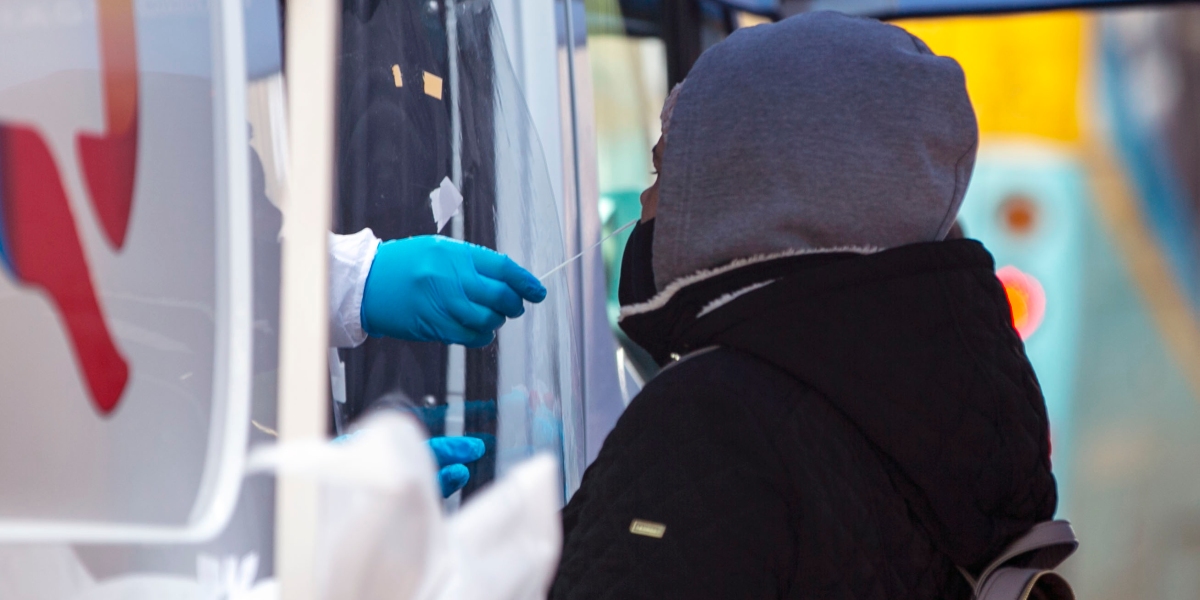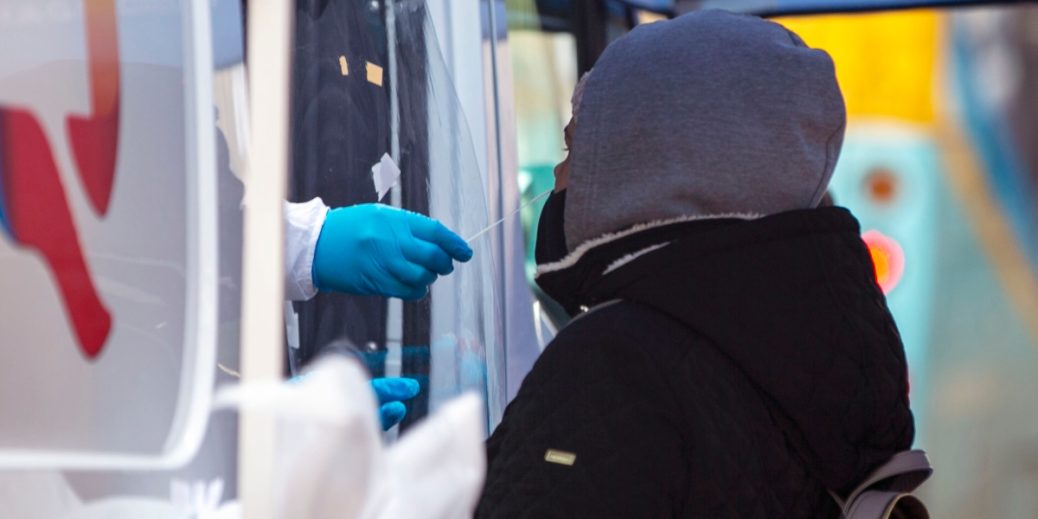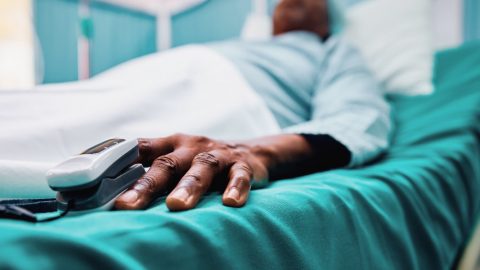
What it all means: The findings come with the caveat that they’ve been derived from a small pool of volunteers, and they were published in a preprint paper that has not yet been peer-reviewed. However, they provide useful insights nonetheless. The fact that people become infectious so quickly and stay infectious for so long suggests that recommended isolation periods should be kept at around 10 days. Although the virus was detected in the throat first, it was eventually present at much greater levels in the nose, highlighting the need to wear face masks properly so they cover the nose.
Get tested: The research also supports the regular, widespread use of lateral flow testing. Modeling using the study data found that regular rapid tests can diagnose infection before 70% to 80% of infectious virus had been generated, meaning that if people get tested regularly and isolate when positive, it could significantly cut community transmission. The fact that none of the participants fell severely ill also suggests this trial method could be used to test future variants or drugs.
Michael Jacobs, a consultant in infectious diseases at the Royal Free London hospital, where the trial was carried out, said in a statement: “The trial has already provided some fascinating new insights into SARS-CoV-2 infection, but perhaps its greatest contribution is to open up a new way to study the infection and the immune responses to it in great detail and help test new vaccines and treatments.”






Recent Comments